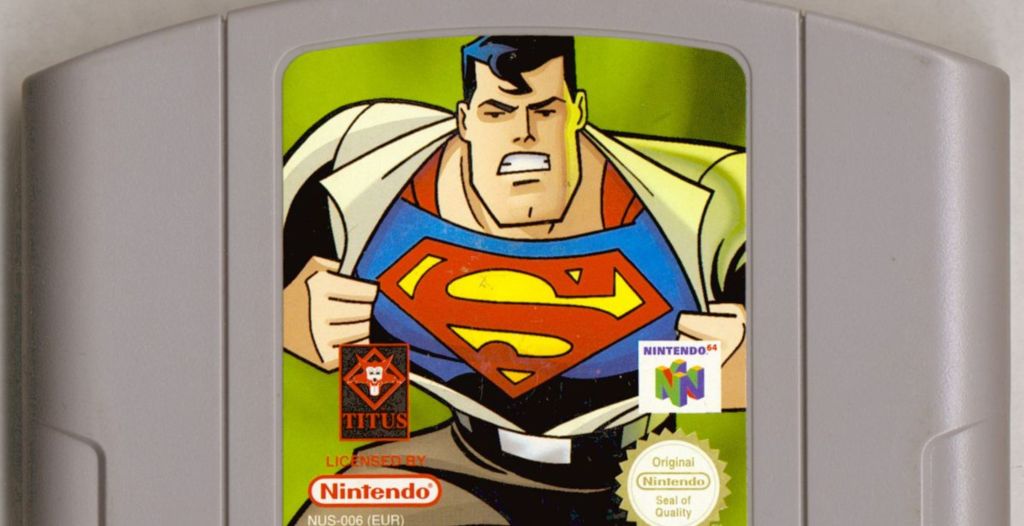On Sunday, Manchester City lost to Arsenal, 1-0, falling eight points behind Manchester United—for non-fans, “points” are good stuff you get when you win or tie, and Man City doesn’t have enough of them. Carlos Tevez only played for six minutes, which doesn’t make sense because he’s one of the best soccer-playing people in the world. It also makes complete sense because, as mentioned, he’s Carlos Tevez.
Tevez is a hard-worn, little tank of a man, who seemingly sleeps in the sun and eats chunks of steel for dinner. He looks kinda evil. His hairstyle choices have been unfortunate, his teeth are snaggled, and he’s got a neck covered in scars from when someone spilled scalding water on him when he was a child. He’s refused to get the scars cleaned up because, he says, everything happens for a reason.
Videos by VICE
He’s loved in Argentina for this, his connection to home. He grew up in the ghetto-ish Fuerte Apache neighborhood of Buenos Aires, basically playing himself off the streets and into Boca Juniors, the most successful club in Argentina. He’s no Leo Messi, his equally homunculus teammate, because, well, no one is. But he’s also better-loved than Messi in his home country—despite the pair’s joint effort to reunite Oasis—because he came up in a low-class district, played his way up to Boca, and burnt his face with water. Compare to Messi, who grew up middle-class, left Argentina for Barcelona at 13, and still only needs to shave once or twice a week.
Leave Argentina, though, and it’s all reversed. Everyone loves Messi and people outside Argentina don’t really like Tevez. This is because, it seems, Tevez has basically been auditioning for a role on NYC Prep (R.I.P.) since leaving South America.
A few games into his first European stint, in 2006 with English relegation-battlers West Ham United, Tevez storms out of the stadium after being substituted. His teammates suggested he wear a Brazil jersey in training as punishment for the behavior. Tevez, of course, refused because Argentineans do not like Brazilians, though in the end he did score seven goals for the Hammers, including a winner against Manchester United on the last day of the season, which saved them from relegation.
Tevez then spent the next two seasons on loan at Manchester United. He helped the side win a bunch of trophies, but never played as much as he wanted to. After the loan ran out, United offered to make the deal permanent, but Tevez declined, unhappy with his playing time. Rather than pissing off United fans by signing with Liverpool, their hated out-of-city rivals, Tevez signed with Manchester City, United’s hated in-city rivals in 2009—who made him the face (literally) of their franchise.
In his first two years with City, Tevez scored 43 goals, fans loved him, and he led the club to Champions League qualification. In the winter of 2010, though, Tevez—club captain at this point—handed in a transfer request, saying he wanted to leave City for family reasons and the breakdown of his relationships with club officials. Eventually, he recanted that request and “committed” to the club. This past summer, he suggested he’d stay with the club only to then say that he would never go back to the expensive, lonely, wet hole of nothingness that is the city of Manchester. Eventually he rejoined the team, only to find himself outside of the starting 11 as the season began; ownership had some new studs in town.
In the second half of a Champions League game against Bayern Munich this past September, Tevez refused to leave the bench when City manager Roberto Mancini tried to sub him in. (Tevez denies this, but it almost definitely happened.) After the game, Mancini vowed that Tevez would never play for City ever again. The club then suspended Tevez—with pay—indefinitely. After four-plus months of no training and doing whatever else Carlos Tevez does in his free time (punching trees, freelance henchmanning), he returned to training on Valentine’s Day. He apologized, and Mancini welcomed him back. He now actually plays the game he’s paid to play. Where it goes from here, no one knows—mainly because Tevez doesn’t even seem to know. If it’s not clear, he does whatever he wants.
So Tevez is, as they say, a “character.” In a sport where players are literally sold like pallets of fish or Fortune 500 stocks, it’s nice to see a guy reasserting some authority. Tevez clearly holds no connection/affection for any of the clubs he’s played for other than Boca, and that’s cool—why should he? Disloyalty goes both ways. At the same time, though, for all the empty bullshit of “being a team player” and “ there’s no ‘I’ in team,” there is some kind of sacrifice required in order for things to work on a soccer pitch. That’s just how 11 guys accomplish a singular thing against 11 others trying to stop them from accomplishing that very same thing. It’s not that Tevez sulks around the field—although his man-on-fire playing style, while super-effective, surely drives certain managers crazy—but the guy refused to play in a game because he wasn’t starting. Fans have a right to be pissed about that. Tevez is Tevez—talented, self-made, and erratic as anyone—but that’s not always enough.
More
From VICE
-

Screenshot: Bethesda Softworks -

Screenshot: Nintendo -

Screenshot: Titus Interactive -

Screenshot: Bethesda Softworks